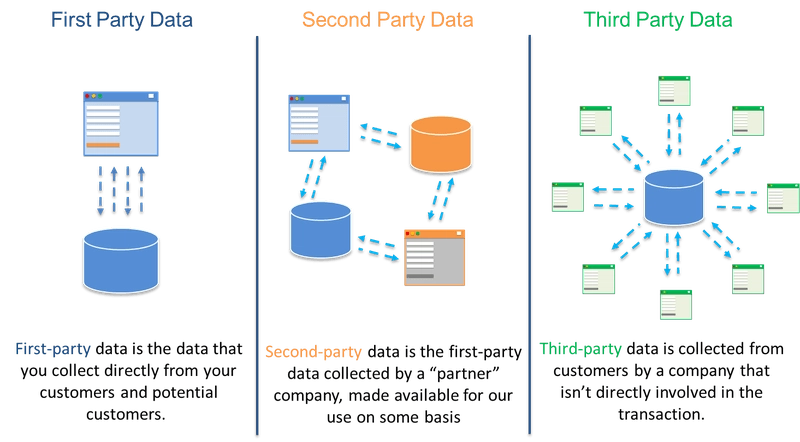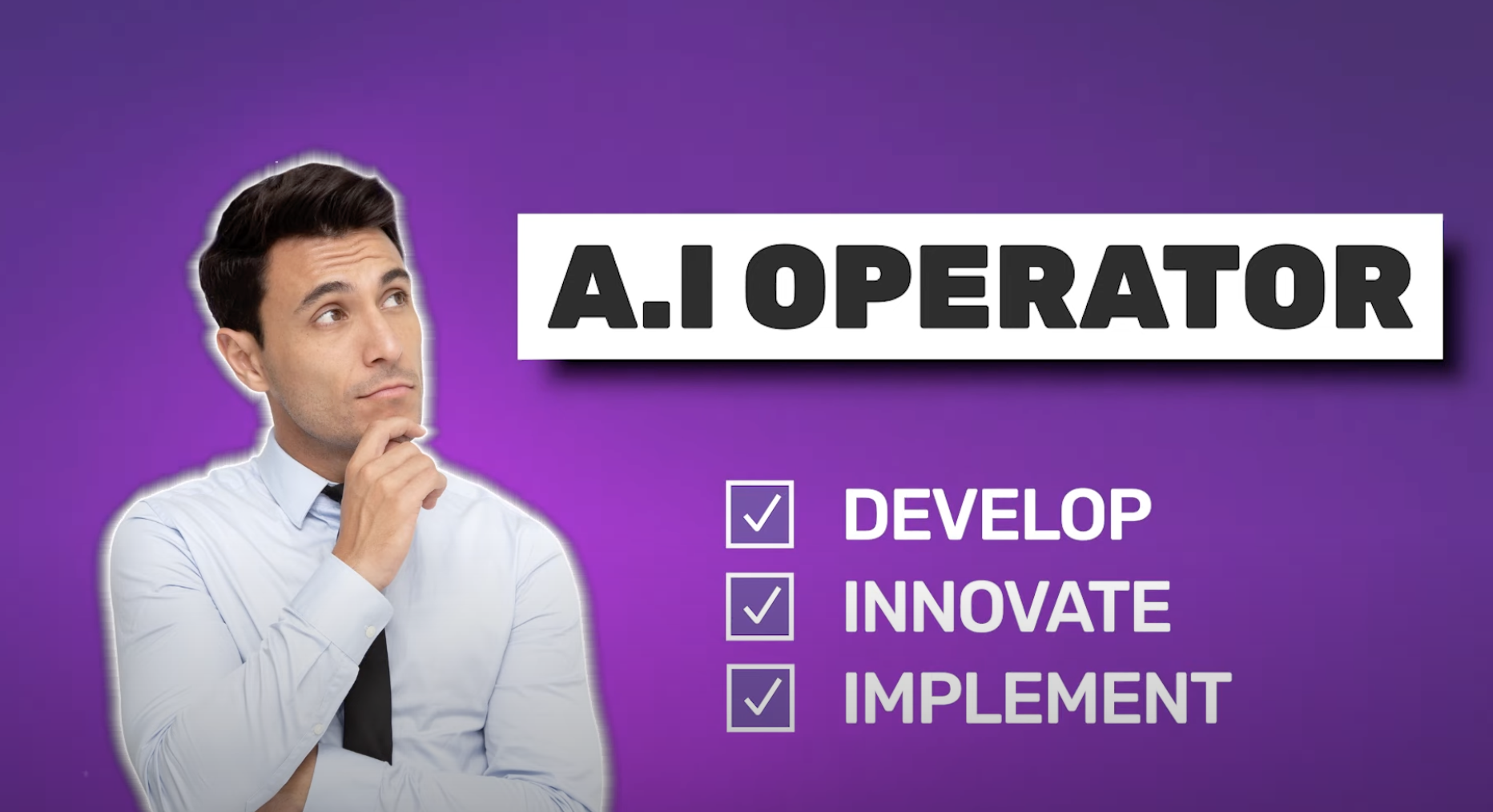In our current digital climate, the rise of artificial intelligence presents both exciting opportunities and unique challenges for marketers. As AI continues to redefine the rules of the game, it’s become essential for businesses to embrace adaptive marketing strategies to remain competitive and relevant.
In this blog post, we’ll delve into the significance of adaptive marketing in the age of AI. By the end, you’ll gain insights into how your business can navigate the dynamic currents of AI-driven change.
What Do We Mean by Adaptive Marketing?
Adaptive marketing is basically a strategy in which businesses adjust their marketing efforts in real-time based on current market conditions, consumer behavior and data analytics. In other words, it’s the opposite of sticking to a rigid marketing plan.
Here are some key aspects of adaptive marketing:
- Data-Driven Decisions: Adaptive marketing relies heavily on data analytics to understand customer behavior and preferences to make data-driven decisions.
- Real-Time Adjustments: The key of adaptive marketing is being willing and able to make quick changes to marketing campaigns based on real-time feedback.
- Customer-Centric Approach: Adaptive marketing places the customer at the center of all strategies in order to create personalized experiences that resonate with them.
- Embracing Technology: To effectively implement adaptive marketing, businesses often leverage advanced technologies like AI, machine learning and automation.
- Continuous Learning: The adaptive marketing approach requires key players in businesses to be in a constant state of learning, test new strategies and regularly iterate.
In a nutshell, adaptive marketing is simply about being agile and responsive to the ever-changing dynamics of the market. It’s about being flexibility, responsive and always learning.
Building a Robust Brand in the Age of AI
The rise of AI in marketing is more than just a blip on the radar — it’s a seismic shift that has many marketers anxious about the future.
But the secret to thriving in this ever-shifting digital arena isn’t necessarily found in a sophisticated AI algorithm. Instead, it lies in a concept as old as business itself: brand building.

Why is this essential? Take a cue from household names like Nike, American Express or Tesla. These companies didn’t put all their eggs in the SEO basket or solely rely on paid advertising.
These successful brands became more than their products or services; they became an idea, a concept, a part of the user’s lifestyle.
Even Elon Musk confessed that AI isn’t “necessary for anything we’re doing” in the world. It’s merely a convenience for the time being.
Instead, these brands have integrated themselves so seamlessly into our lives that we barely stop to consider the alternatives. This integration didn’t happen overnight, and it wasn’t the result of a single viral marketing campaign. It came from years of consistency, ingenuity and a focus on creating real, tangible value.
If you want your brand to stand the test of time, focus on building a product or service that people can’t resist. This builds resilience against shifting digital landscapes, including the rise of AI.
Data Is the New Oil—With a Twist
Two elements define digital marketing today: attention and unique first-party data.
Every interaction your customers have with your brand provides insights into their preferences, habits and needs. It’s this data that informs your marketing strategies and, in an AI-driven world, fuels intelligent algorithms to target audiences more accurately. Gone are the days when a flashy banner ad and a catchy jingle will cut it. In this hyper-digital era, attention and unique first-party data are the new kings:

So, how do you go about capturing these elusive kings? Here are some steps you can take:
- Focus on value: Deliver high-quality content, services or products that grab and hold attention.
- Capture your data: Implement tools and techniques for capturing first-party data directly from customer interactions.
- Use Analytic Tools: Use platforms like Google Analytics or specialized software to interpret this data.
- Integrate AI into your strategy: Leverage machine learning algorithms to optimize your marketing strategies based on the data you’ve collected.
- Keep learning: Always iterate. Use new data to refine your strategies, tweak your approach and stay ahead of the curve as best you can. The whole point of learning is to keep you informed on what things will compel your audience to pay attention to you. But you have to meet them halfway, and that takes research to know your vertical better than anyone else.
The Power of Networking and Sharing Ideas
Let’s face it: The digital marketing world is like a jigsaw puzzle. Just when you think you’ve figured out where all the pieces go, someone flips the table.
New technologies, tools and strategies are always emerging, and keeping up can be a Herculean task. That’s why we don’t just value networking, we consider it an essential strategy for staying ahead of the curve.
Conventional wisdom has long held that networking is primarily about building relationships, gaining contacts and setting the stage for future collaborations. While that’s still true, there’s another aspect of networking that’s often overlooked: the opportunity for peer-to-peer learning.
Here’s how you can make the most out of your industry interactions:
- Participate in Mastermind Events: Intensive mastermind events are goldmines for high-quality, industry-specific information and can lead to you giving a lasting impression that will make people remember your brand.
- Join Online Forums: Places like LinkedIn or Facebook groups, Reddit communities or specialized industry forums are fertile ground for learning and sharing.
- Webinars and Virtual Events: Can’t attend an in-person event? No worries. Webinars and online conferences offer ample opportunities for learning and networking.
- Knowledge Exchange Programs: Consider setting up regular catch-ups or knowledge-sharing sessions with industry peers.
- Be a Thought Leader: Share your own insights and findings. Remember, networking is a two-way street; you also have valuable wisdom to offer.
Networking is not just a tool for climbing the social ladder in your industry, it’s also a ladder for climbing the knowledge tree.
So, while you’re shaking hands (or sending LinkedIn requests), don’t forget to also exchange insights, tips and strategies. Being open to ideas is your ticket to staying relevant, innovative and a step ahead in the game.
The Value of an AI Operator
Speaking of being innovative, this is where we bring up the idea of a dedicated AI operator for your business.
An AI Operator isn’t just a fancy title to add to your organizational chart; it’s a role that serves as the beating heart of all your AI-driven initiatives. Think of this person or team as your in-house oracle for all things AI. Their job? Staying obsessively updated on AI trends, designing experiments, iterating tests and acting as the rudder that steers your company’s AI strategies.

They’re the ones who make sure that while everyone else is playing catch-up, you’re playing to win.
At the end of the day, having someone on your team who is devoted to studying all the potential applications of AI in your business is the best move you can possibly make right now, given how systemic and homogenized AI is becoming in so many industries.
This individual or team becomes your eyes and ears, allowing you to leapfrog competitors who might still be pondering the implications of AI, while you’re busy implementing them.
Here are a few things we suggest you look out for in crafting a role in your business dedicated to AI exploration:
- Identify skill sets: Look for individuals who are not just tech-savvy but also possess a strategic mindset.
- Collaborate: This role shouldn’t work in isolation but should collaborate closely with marketing, sales and product teams for cohesive strategies.
- Establish clear KPIs: Like any other role, the effectiveness of an AI Operator should be measured against well-defined objectives.
- Pilot the program: Before going full-scale, start with a pilot program to assess the impact and ROI of this new role.
Our Final Thoughts on Adaptive Marketing in the Age of AI
Thriving in the ever-changing digital marketing environment requires a multi-pronged approach. AI is undeniably a force to reckon with, but it doesn’t negate the effectiveness of traditional tactics like partnerships and brand-building.
As much as understanding and mastering the part of AI that can benefit your business, it’s just as important to continue investing in alternative avenues that can help grow your business.
If you’re ready to level up your business in the Age of AI, Single Grain’s AI marketing experts can help!👇
For more insights and lessons about marketing, check out our Marketing School podcast on YouTube.



